Experienced Patent
Experts
Patents Successfully Secured
Global Law Firms
Served
Years’ Industry
Experience
The right patent portfolio can drive innovation, and generate revenue. By aligning your patent portfolio with your business objectives, our specialists assist you in making informed decisions regarding maintenance, abandonment, or licensing, ensuring that your portfolio remains flexible and adaptable to market changes.
From drafting and filing legal documents to representing your interests in negotiations and courtroom proceedings, our experts ensure your rights are safeguarded at every step. VE's patent professionals specialize in advocating for your patent rights and navigating the complexities of the legal landscape.
Our patent professionals meticulously analyze your patents, examining market trends, industry dynamics, and technological advancements. With a deep understanding of intellectual property and market insights, our experts clearly and accurately assess your patents' value.

When it comes to intellectual property matters, having a strong patent strategy is key to achieving success. Whether you are looking to protect your innovations, enhance your market position, or monetize your patents, our patent professionals provide the expertise and insights needed to shape your success.






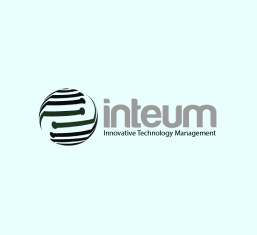

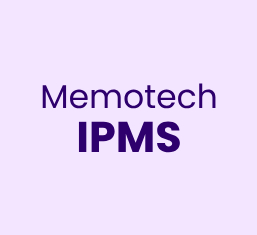
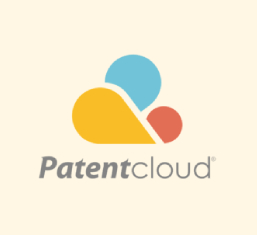



Kick-start your project straightaway with our popular No-Obligation, No-Payment, 1-Week Free Trial. Continue with the same resource if satisfied.

Our free, quick, bespoke hiring process helps you save on not just expensive local recruitment fees but also lengthy waiting periods to hire just one resource.

Get your own 'remote workplace in India’, do away with pesky issues such as HR, Admin, Payroll, etc., and only pay your offshore patent expert’s salary.

As an ISO 27001:2013 certified and CMMiL3 assessed company, VE always assures its clients of breach-proof data security and confidentiality.

A patent specialist skilled with in-depth knowledge of patent analytics including patentability search, patent landscaping, invalidation search, infringement and freedom to operate analysis, and Portfolio analysis.






A patent professional proficient in providing legal advice on valuable intellectual property rights such as patents, technical data, trade secrets, licenses, copyrights, and trademarks with outstanding research and analytical skills.







A patent expert experienced in filing and prosecuting patent applications, analytics management, patent drafting, and drafting responses to examination reports/ office actions related to patent applications.





Your patent expert will evaluate your invention’s patentability and market potential. Detailed research will be conducted to determine if any existing patents or prior art exist that could affect the invention’s novelty and non-obviousness. Your expert will then document all relevant information, including technical details, sketches, and any supporting data.
Once the idea is deemed patentable, your remote patent specialist will perform a comprehensive patent search to identify any prior art or existing patents that may be relevant to the invention. The search results will be analyzed, and a detailed report outlining the patentability prospects will be provided to you.
VE’s skilled patent professional will draft a comprehensive patent application that accurately describes your invention. Our team of experienced patent attorneys works closely with the inventors to capture all the essential technical details and various aspects of the invention. It is ensured that the application meets all the legal requirements and includes strong claims to protect the invention.
Once the patent application is filed, your patent expert handles the prosecution process with the patent office. This includes responding to any office actions or rejections from the examiner. Our team meticulously prepares and submits persuasive arguments and amendments to overcome any objections the examiner raises. Regular communication with the patent office ensures a smooth and efficient prosecution process.
After the patent is granted, VE’s patent team provides you with ongoing support for maintenance and enforcement. Our patent professionals help you to understand the requirements and deadlines for paying maintenance fees and provide reminders to ensure timely payments. In case of any potential infringement, you get assistance in enforcing the patent rights, including sending cease and desist letters, negotiating licensing agreements, or pursuing legal action when necessary.
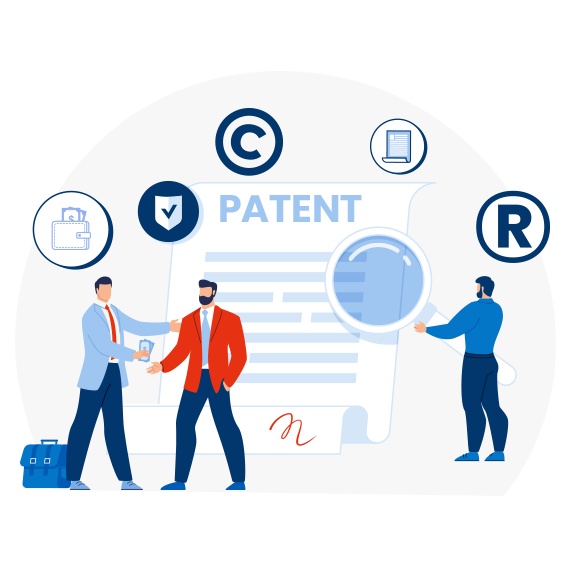

Our virtual legal assistant is a very hardworking and reliable manager for the team.

The paralegal specialist at VE has helped cut down the case time tremendously, which would have taken longer.

With VE's legal assistant, our job always gets done and it has taken our business up a notch.


No card details required.

Senior technical architect's assistance.

Keep all the work. It's yours.

LPO (legal process outsourcing) is a process wherein law firms channel out a chunk of their work to an external enterprise...
Read More >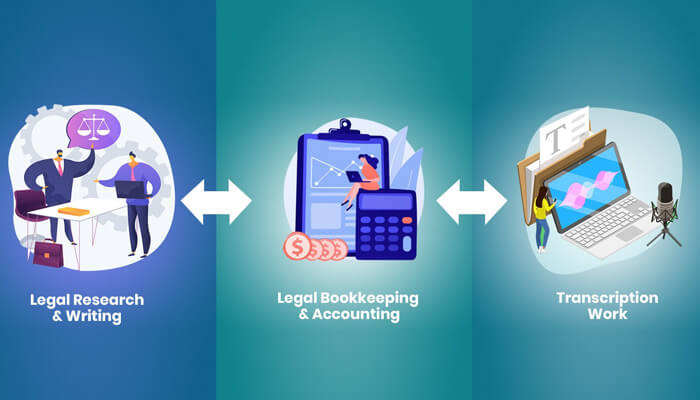
According to Deloitte’s 2020 Global Outsourcing Survey, out of the 40 interviewed executives across their clients, service providers...
Read More >
India has a safe and stable legal system. Apart from considerations of lower costs and stable governance, a number of Western firms send...
Read More >